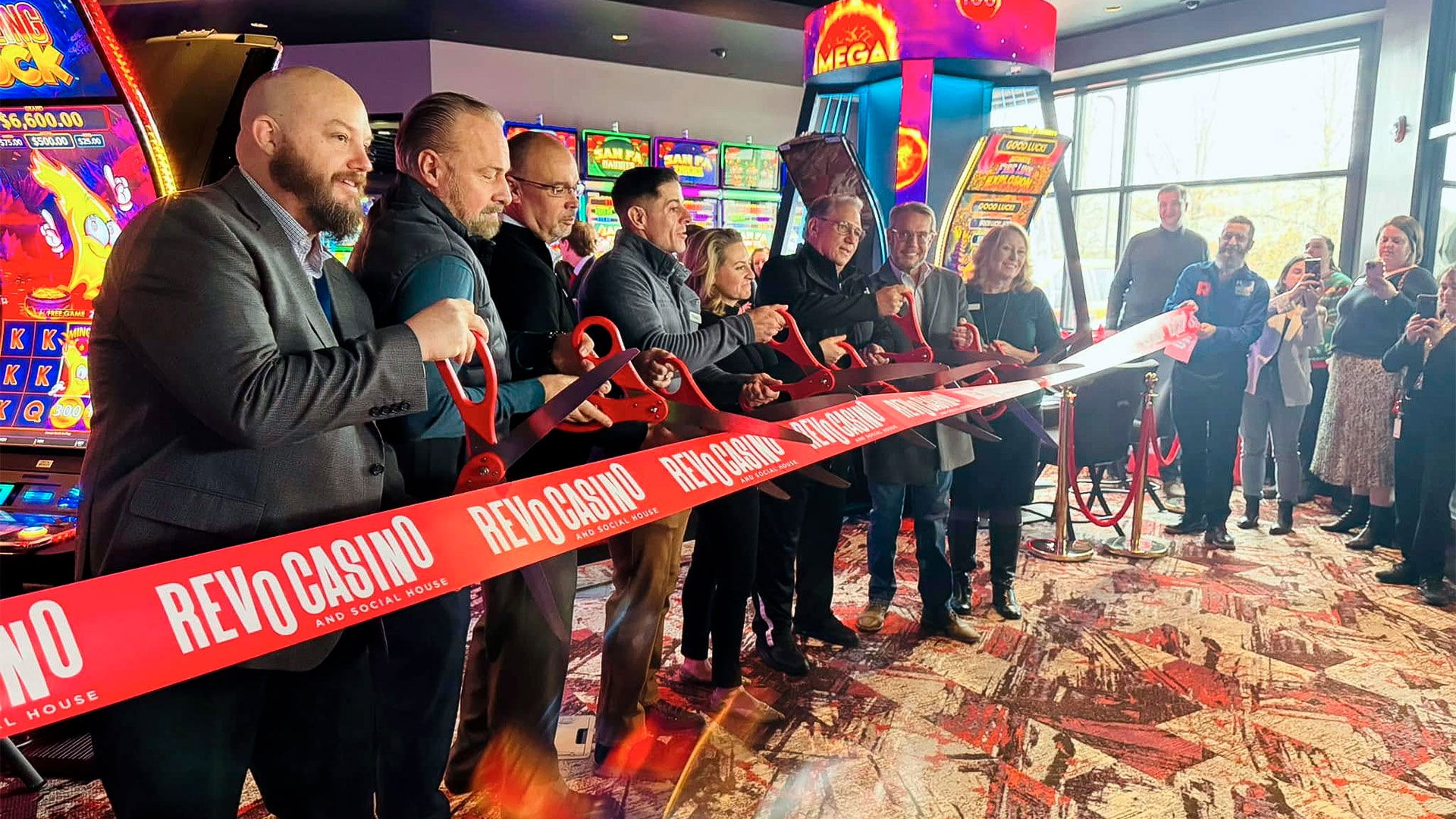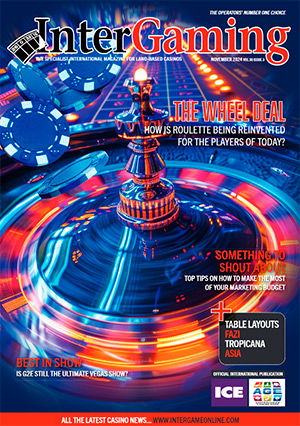Supreme Court expected to rule in favor of legalizing sports betting in N.J.

The state of New Jersey argued that the federal prohibition that prevents states from authorizing sports betting is improper because it imposes an obligation on states to retain a betting ban that their residents no longer favor, and a majority of the Supreme Court seems to agree.
“So the citizens of the state of New Jersey are bound to obey a law that the state doesn’t want but that the federal government compels the state to have,” said Justice Anthony M. Kennedy.
New Jersey has tried to authorize sports betting for years in order to boost the life of its casinos and racetracks. As of now, the Professional and Amateur Sports Protection Act (PASPA) allows live betting on sports events only in Nevada facilities, while a small number of other states have sports lotteries.
Outgoing New Jersey Gov. Chris Christie has been leading the efforts to authorize sports betting in his state, and he watched Monday’s oral arguments from the front row as he sat with other lawyers being sworn into the Supreme Court Bar.
The case involves the colliding interests of states that want a piece of the action — New Jersey is supported by 18 other states — and the NCAA, the National Football League, Major League Baseball and other professional sports leagues. They contend that the federal ban is necessary to protect the integrity of their games.
“Betting on sports is taking place all over the United States,” veteran Supreme Court practitioner Theodore B. Olson, representing New Jersey, told the court. “Five percent of it is legal in Nevada. The rest of it is illegal. New Jersey decided we are going to look at it.”
New Jersey voters in 2011 approved a referendum to allow sports betting and Christie signed a law authorizing it, but lower courts did not agree. They said that New Jersey’s law violated a section of PASPA that forbids states to license and authorize sports betting, and The Supreme Court decided not to review that ruling.
New Jersey then tried a different tactic, taking advantage of a passing comment from the U.S. Court of Appeals for the 3rd Circuit. While the state could not authorize sports betting, the court said, nothing in the federal law prevented the state from repealing statutes that imposed criminal penalties on the practice. So New Jersey tried that, but lower courts said the state’s intention was the same prohibited activity.
Paul D. Clement, representing the NCAA and the sports leagues, said the Supreme Court should affirm that decision.
PASPA’s wording might be unusual, Clement acknowledged, but its intent was clear: Congress “did not want there to be sports gambling schemes operating in interstate commerce.” Since 46 states at the time prohibited sports betting, he said, Congress built on that system.


















































